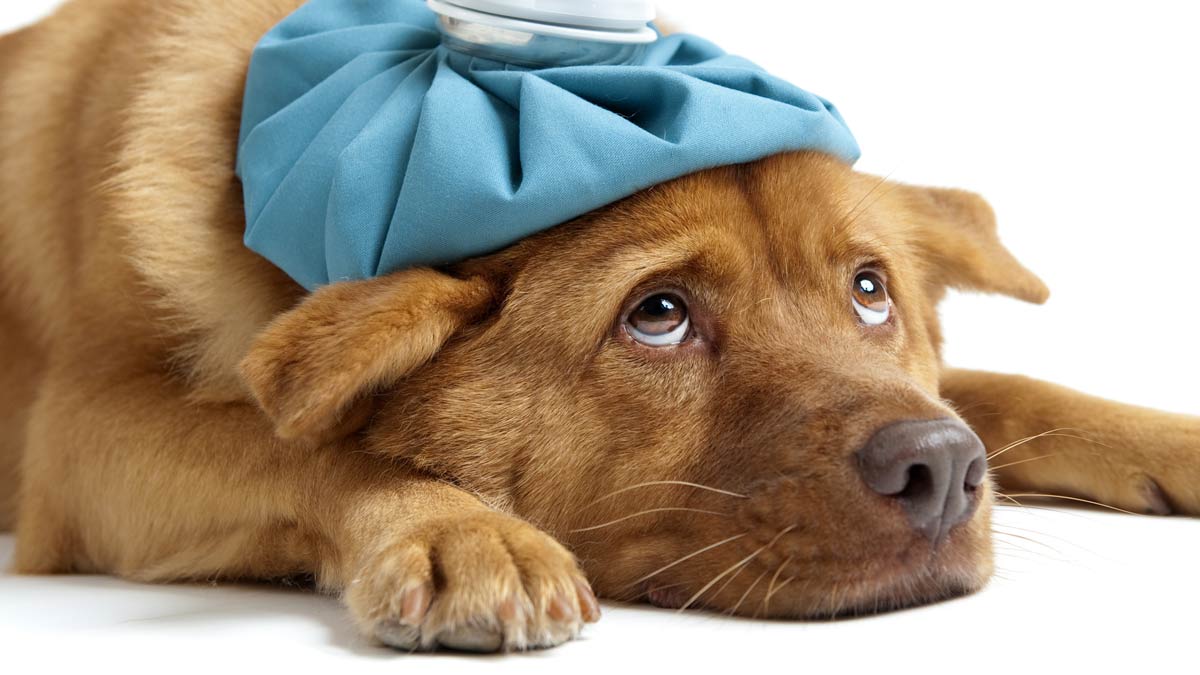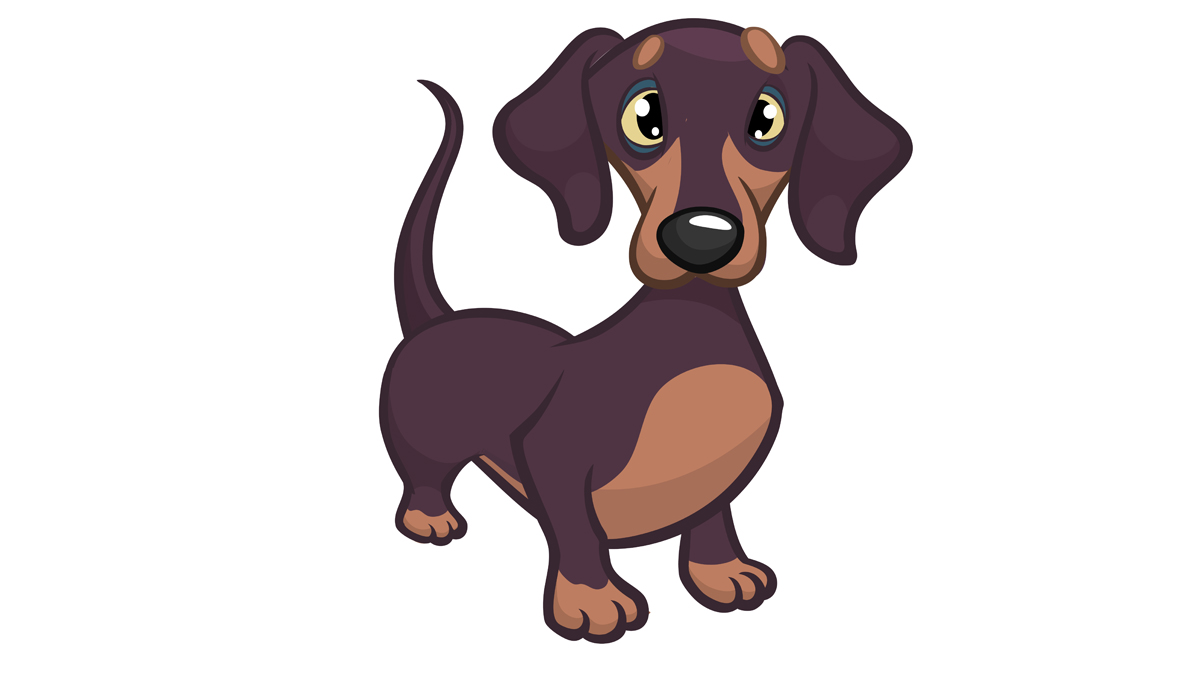By John Torsiello
We like to think that we take the best care we can of our feline or canine pets. Sometimes, we even treat them as if they were humans. But their digestive systems are very different than ours, and what we can easily tolerate might prove deadly to our furry friends. Bad things can happen in the home and outside of it.
The Humane Society of the United States estimates that up to 10,000 cats and dogs die each year from exposure to ethylene glycol-containing antifreeze. Just a lick of the highly poisonous substance can be enough to cause irreversible kidney failure and death in a cat, and it doesn’t take much more than that to have the same effect on a dog.
The American Society for the Prevention of Cruelty to Animals’ Animal Poison Control Center received more than 167,000 calls during one year, many of them related to common household products that probably are present in your pet’s environment: some 45,816 calls involving prescription and over-the-counter drugs such as painkillers, cold medications, antidepressants and dietary supplements; 29,020 calls related to insecticides; and 17,453 calls pertaining to “people food.”
Of course, any caring pet owner will do everything he or she can to remedy toxicity in their pet, which means potentially costly trips to the veterinarian emergency room for treatment.
“Intoxication – becoming clinically ill after ingesting a substance with toxic properties – is very common,” reported Dr. Jessica Nord, a veterinarian with Veterinary Specialty Care of Charleston, adding that there are a “myriad of substances” that pets get into that can cause them harm. “Some substances require high doses to create clinical signs of intoxication, while others can be fatal at low doses. Dogs tend to present with intoxication more frequently than cats do as dogs are generally more interested in eating things they shouldn’t.”
Dr. Nord is a native of the Keystone State and a graduate of the University of Pennsylvania School of Veterinary Medicine. After a one-year rotating internship at Washington, D.C.’s sole Specialty and Emergency Veterinary Hospital, she moved to Scranton, Pennsylvania, where she practiced emergency medicine before moving to the Charleston area.
Dr. Nord said that among common intoxicants she sees with dogs include rat bait such as bromethalin; xylitol, typically sugar free gum; sago palm, grapes and raisins; marijuana; anti-inflammatory medications such as aspirin, Tylenol and Aleve; prescription medications meant for humans; overdoses of pet prescription medications; and, less commonly, antifreeze, given the relatively warm Lowcountry climate.
A self-proclaimed “cat lady” who has four felines at home, Dr. Nord said common intoxications among the feline population in the area include all types of lilies, sago palm and antifreeze.
Interestingly, xylitol, grapes and raisins do not seem to have the same toxic properties for cats as they do for dogs. However, Dr. Nord still recommends keeping these items out of reach.
“These products and plants can cause a wide variety of clinical signs, from vomiting and diarrhea to massive bleeding issues and organ failure,” said Dr. Nord. “Thankfully, many owners are able to identify that their pet has eaten a toxic substance before their pet becomes severely ill, because they either find the offending material missing or scattered in a place where it shouldn’t be. Other pets are not as lucky, as signs of intoxication can kick in before their owners know what happened. If there is ever suspicion that your pet has been exposed to something harmful, it is extremely important to contact your veterinarian as well as animal poison control.”
Dr. Nord concluded, “The ASPCA’s poison control website is an excellent resource to determine whether or not a plant, medication, food or chemical is particularly toxic to your pet. They are also staffed with veterinary toxicologists 24 hours a day, seven days a week and are integral in creating a treatment plan with your veterinarian should your pet ingest a toxic substance.”
HealthLinks is proud to welcome Veterinary Speciality Care as our official sponsor of our Healthy Pet; Happy Pet section. Veterinary Specialty Care provides around-the-clock veterinary services to our pets in need. For more information on Dr. Nord and Veterinary Specialty Care of Charleston, visit online at www.veterinaryspecialtycare.com or in person at 3163 W. Montague Ave. in North Charleston, or call 843-216-7554.







